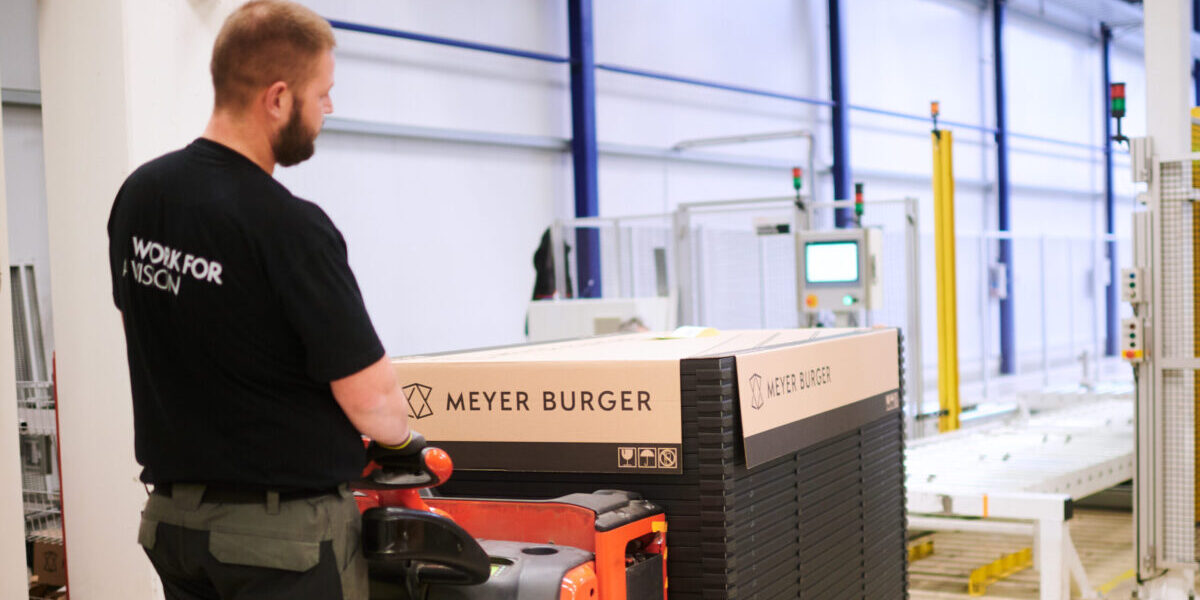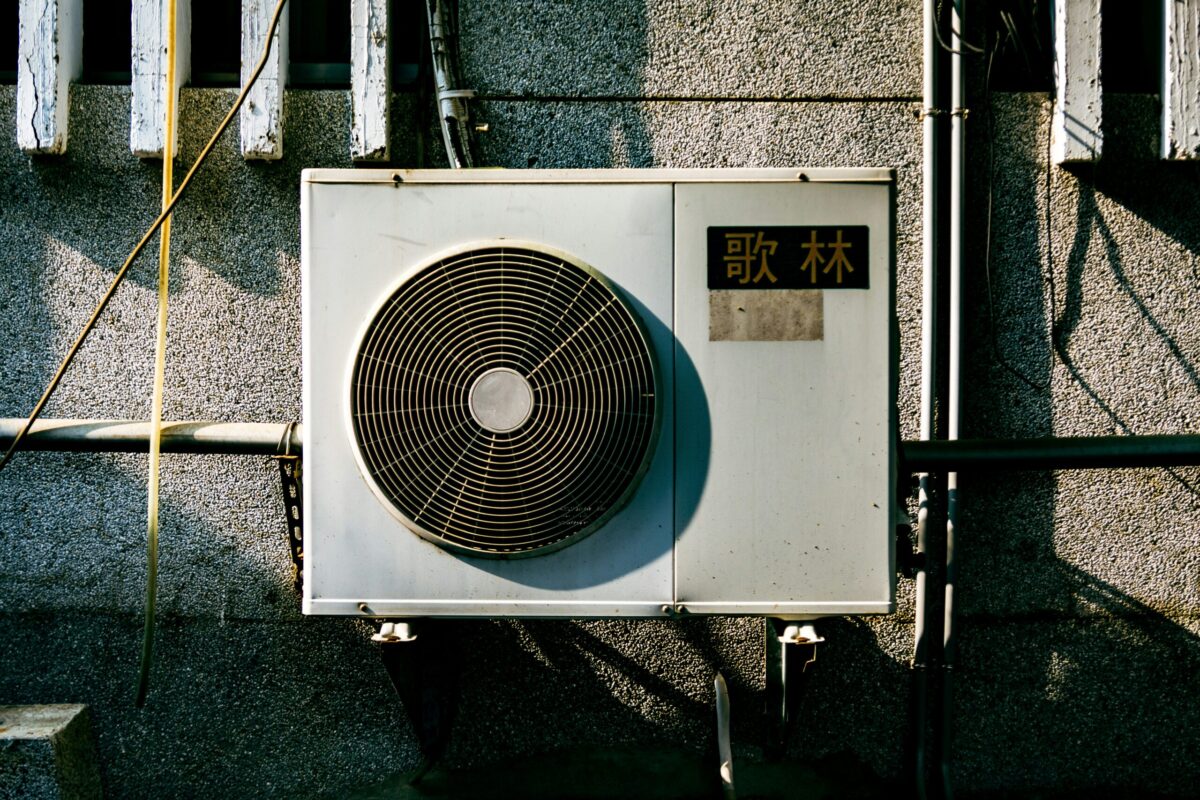From pv magazine Germany
Meyer Burger, a Switzerland-based heterojunction solar module manufacturer, said it posted a net loss of CHF 292 million ($330 million) in fiscal 2023. In 2022, it recorded a net loss of around CHF 70 million.
The company said its module manufacturing capacity stood at 1.4 GW at the end of 2023. However, it only operated 650 MW of that due to price pressures in the European solar market. In addition, 365 MW of modules were in stock at the end of the year.
Meyer Burger recently shut down module production in Freiberg, Germany. CEO Gunter Erfurt said that many competitors offer their modules at prices that did not cover costs. Meyer Burger deliberately decided not to take part in this price war, partly because a small price discount granted in the summer of 2023 did not lead to an increase in sales figures.
The company is currently setting up a new 2 GW module production in Goodyear, Arizona. Its production facility for solar cells in Thalheim, Germany, will supply the US factory. It is also setting up another 2 GW solar cell production facility in Colorado Springs, Colorado. To do this, it is moving equipment that was originally meant to expand production in Thalheim to the United States, said Erfurt.
He said that very strong political signals were needed to reverse the closure of production in Freiberg. The company is currently preparing to lay off employees.
It said it assumes that the growth of the US solar market over the next few years will mainly be driven by large-scale projects. The company will therefore primarily produce in the United States for this segment.
The company said it is also open to licensing its technology to third parties and is now in talks with unspecified industrial companies about possible partnerships that could also lead to such licensing models. The ownership rights would remain with Meyer Burger.
There is good news for Meyer Burger on the capital side. Sentis Capital, the group's largest shareholder, plans to provide equity financing. Meyer Burger said it wants to raise a total of CHF 200 million to CHF 250 million with a capital increase.
US project developer DESRI, Meyer Burger's largest customer, also plans an investment of up to $20 million by taking over unsubscribed shares. DESRI and Meyer Burger have been working closely together in the US market since 2022, as part of a multi-year offtake agreement.
Meyer Burger said it expects to be ready for module production in Arizona by the end of the second quarter. The ramp-up of cell production in Colorado Springs is scheduled to start around the end of this year, as long as the necessary financing comes as expected.
This content is protected by copyright and may not be reused. If you want to cooperate with us and would like to reuse some of our content, please contact: editors@pv-magazine.com.



3 comments
By submitting this form you agree to pv magazine using your data for the purposes of publishing your comment.
Your personal data will only be disclosed or otherwise transmitted to third parties for the purposes of spam filtering or if this is necessary for technical maintenance of the website. Any other transfer to third parties will not take place unless this is justified on the basis of applicable data protection regulations or if pv magazine is legally obliged to do so.
You may revoke this consent at any time with effect for the future, in which case your personal data will be deleted immediately. Otherwise, your data will be deleted if pv magazine has processed your request or the purpose of data storage is fulfilled.
Further information on data privacy can be found in our Data Protection Policy.